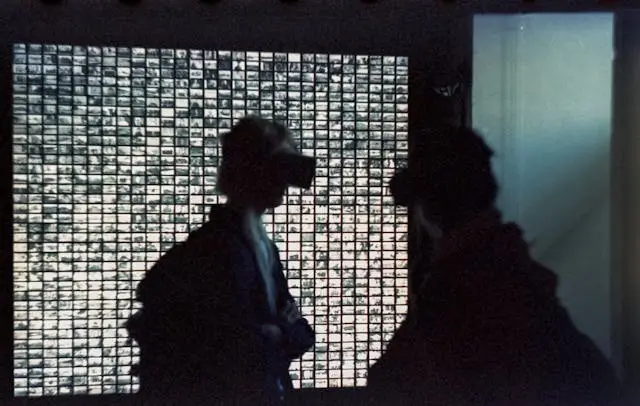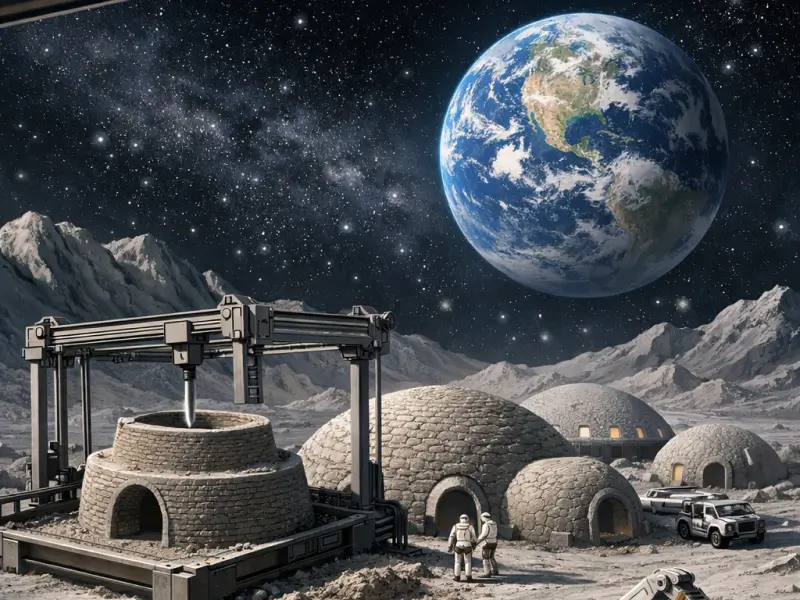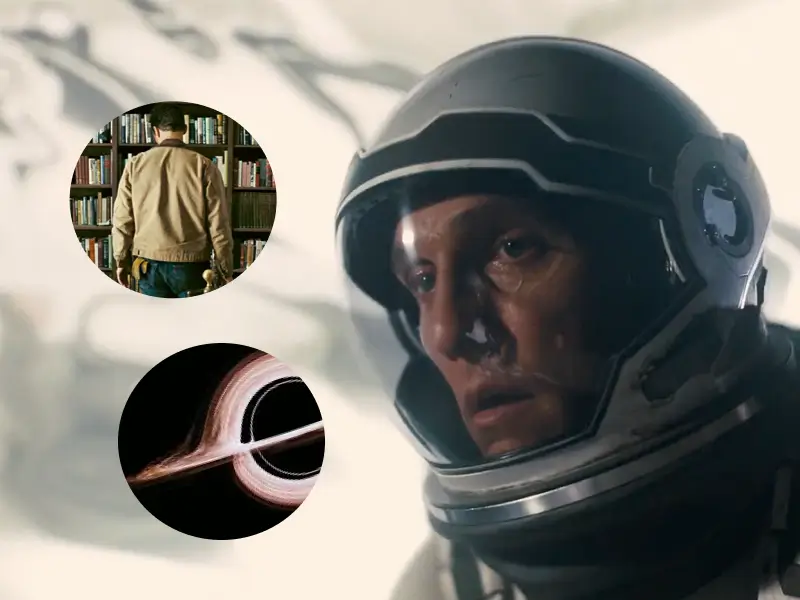Synthetic Memories — Why We Remember Movies and Games More Vividly Than Real Life
A film’s climax, a game’s final boss, a perfectly lit frame — these are crafted moments, engineered to trigger deep, cinematic memory.

In the age of infinite media, our memories are no longer just our own.
We remember scenes — not days.
Dialogues — not conversations.
Cutscenes — not moments.
Movies, games, and digital worlds have begun to overwrite our mental storage, blending fiction with lived experience.
Neuroscientists call it emotional encoding — the brain’s tendency to preserve whatever hits hardest, regardless of whether it actually happened. A film’s climax, a game’s final boss, a perfectly lit frame — these are crafted moments, engineered to trigger deep, cinematic memory. Real life, by contrast, is rarely edited that well.
In The Last of Us, grief feels sharper than most breakups. In Interstellar, time’s passage feels heavier than any missed opportunity. And somewhere between pixels and plotlines, we start recalling experiences that never physically occurred — but still feel real.
These are synthetic memories: emotionally true, experientially false.
We lived them, but only through the lens of another creator’s world.
This phenomenon reshapes identity itself. People quote their favorite characters like old friends. They navigate moral dilemmas with lessons learned from games. Their nostalgia belongs to worlds that never existed.
As the boundary between creation and consciousness fades, we face a strange question:
If a memory moves us, does it matter whether it was real?
Because maybe — in this new culture of escapism — feeling is the new reality.




